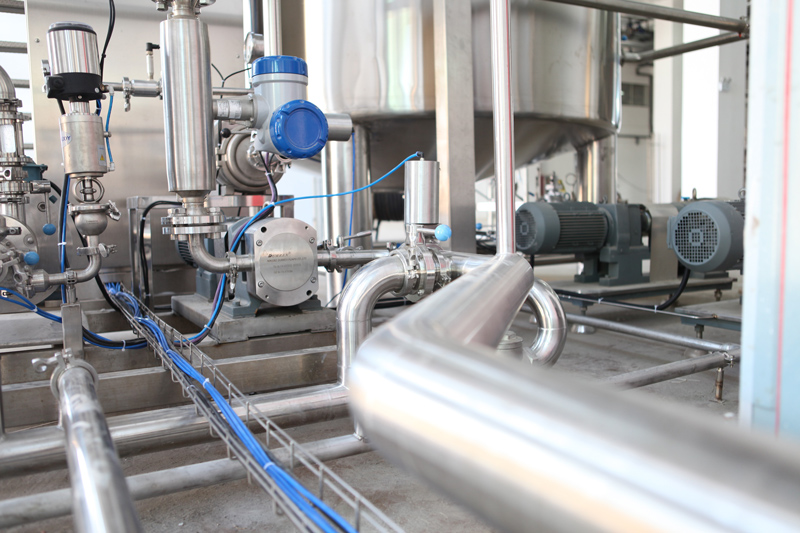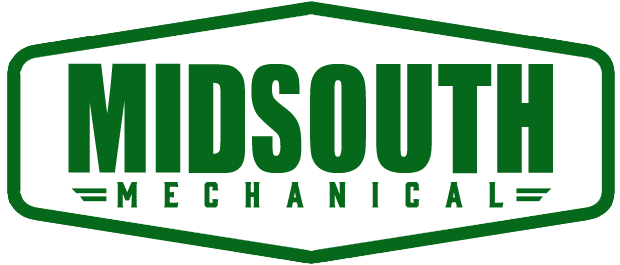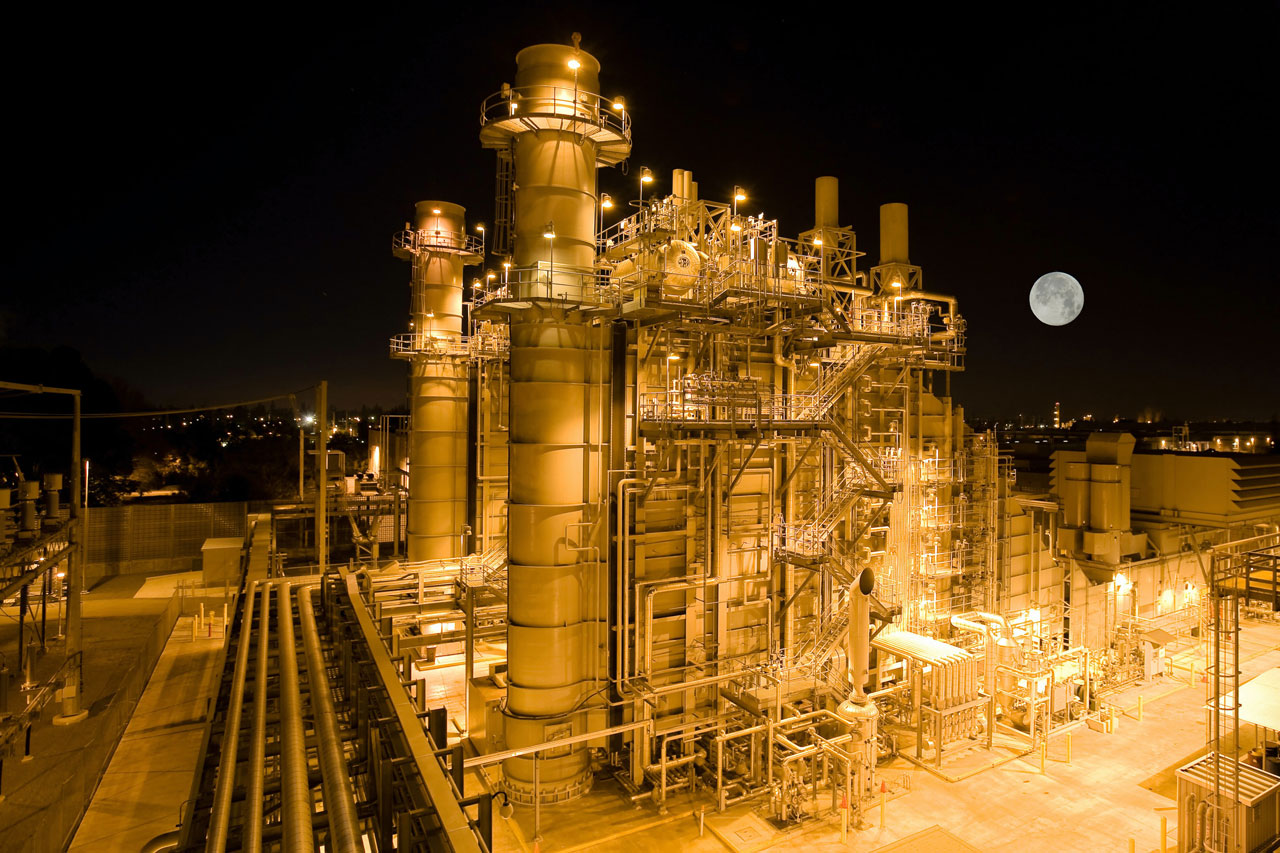Maximizing Safety Through Expert Process Piping Design and Maintenance
In the complex space of industrial operations, process piping plays a crucial yet often understated role in ensuring workplace safety. This network of pipes, valves, and fittings is pivotal in the transportation of gases, liquids, and chemicals, integral to various industrial processes. Its significance in maintaining a safe work environment cannot be overstressed, as it directly impacts both the operational integrity of industrial systems and the well-being of personnel.
Understanding Process Piping’s Critical Role
Process piping systems are engineered to handle substances under a range of temperatures and pressures. Their failure or malfunction can lead to catastrophic incidents, including leaks, explosions, and exposure to hazardous materials. Therefore, the design, installation, and maintenance of these systems are governed by stringent standards and regulations to mitigate risks and ensure safety.
Design and Material Selection
The safety journey of process piping begins at the design stage. Piping must be designed to withstand the specific operational demands of an industrial plant. This includes considerations for pressure ratings, corrosion resistance, and temperature tolerance. The choice of material – whether it’s carbon steel, stainless steel, or PVC – plays a significant role in determining the durability and safety of the system under specific conditions.
Regular Inspection and Maintenance
Routine inspections and maintenance are paramount in preempting potential hazards. These inspections involve checking for signs of wear, corrosion, or damage. Maintenance activities often include cleaning, repairing, or replacing sections of the piping. Through proactive maintenance, potential failures can be identified and rectified before they escalate into safety hazards.
Adherence to Standards and Best Practices
Compliance with industry standards, such as those set by the American Society of Mechanical Engineers (ASME), is non-negotiable. These standards ensure that process piping systems are designed, installed, and maintained according to the highest safety protocols. Additionally, adherence to best practices, such as proper training of personnel and use of appropriate safety gear, further enhances safety.
Emergency Preparedness
Despite all precautions, emergencies can occur. An effective emergency response plan, including quick shut-off mechanisms and spill containment strategies, is critical. Personnel training in emergency procedures ensures swift and appropriate actions in case of an incident, thereby mitigating risks.
Midsouth Mechanical’s Commitment to Safety
At Midsouth Mechanical, we understand the intricate relationship between process piping and industrial safety. Our commitment to safety is reflected in our meticulous approach to every aspect of process piping – from design and material selection to installation and regular maintenance. By partnering with us, industries can rest assured that their process piping systems are not just efficient but also adhere to the highest standards of safety.

Our team is here to help.
Contact a project manager today!


